A New Link Between Toxins and Fertility, Especially for Men
 Saturday, November 17, 2012 at 9:03AM
Saturday, November 17, 2012 at 9:03AM A new study raises the specter that environmental damage inflicted by persistent pollutants, even from pesticides banned long ago, is responsible for a general decline in fertility in the U.S. Previous research has demonstrated that sperm carries bio-markers of a mother's--and even a grandmother's--exposure to environmental toxins. A chemical in microwave popcorn bags might be making it harder for couples to get pregnant,
A chemical in microwave popcorn bags might be making it harder for couples to get pregnant,
Now this powerful new study published in the peer reviewed journal of the National Institute of Environmental Health Sciences (a branch of the NIH) makes an association between fertility and exposure to persistent environmental toxins like pesticides, PBDEs (the flame retardants found in most all upholstered furniture) and PFOAs (ubiquitous chemicals from a range of sources including stain resistant carpet, household dust and microwave popcorn bags.)
The presence of these chemicals in the bloodstream was associated with a decline in the crucial measure of fertility (known as "time to pregnancy") that is equivalent to that of age, smoking and obesity.
The researchers consider their most novel finding to be that environmental exposure for men seemed to have a greater impact on time to pregnancy than it did for women.
The chemicals associated with the most significant reduction of fertility were DDTs, certain PCBs and certain PFOAs, broadly known as PFCs (we know, the monikers are absurdly confusing.) Couples in whom women had the highest levels of chemical exposure had an 18% to 21% longer time to pregnancy; couples with the highest male exposures had a 17% to 29% longer time to pregnancy.
The researchers will use this information to design further studies and perhaps weigh-in on future environmental policy (which is significantly shaped by corporate America,) but is there anything in this research to help couples trying to get pregnant? Green tea helps the body process toxins.
Green tea helps the body process toxins.
It has been established that switching to an all organic diet significantly reduces the level of pesticides found in the bloodstream. It would seem wise (especially in light of this new research) for couples trying to get pregnant to avoid exposure to toxins and eat as much organic food as possible.
Research has shown that the body's own detox mechanism can be bolstered by eating cruciferous vegetables like broccoli and cauliflower and thistles such as artichokes and dandelion greens, and by having a diet high in antioxidants from colorful fruits and vegetables.
There are more specific ways to address toxins. Green tea has been shown to induce the body's own detox enzymes, thus ramping up the body's own mechanism for eliminating pollutants. Intriguing research suggests that sweating can help clear PCBs from the body: scientists have demonstrated that concentrations of PCBs in fat tissue were reduced with saunas, and regular sweat-inducing exercise will do the same.
The best news from the study may be that while toxins can slow down a couple's ability to get pregnant, in this study many couples with pollutants in their bloodstream were successful in getting pregnant.
Find more details on the study here.


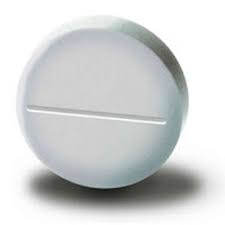


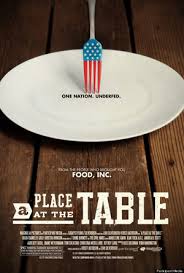


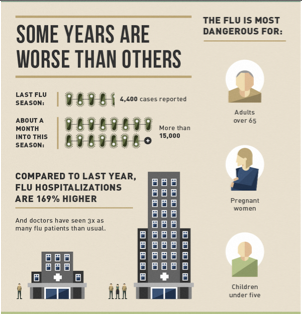













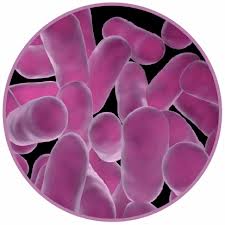
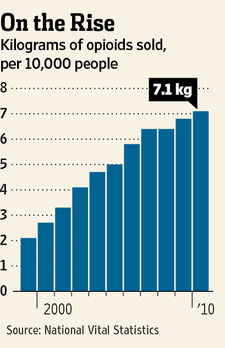


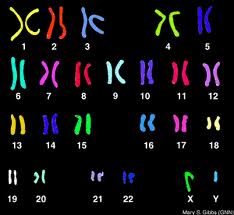


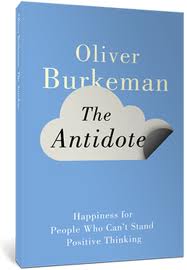
















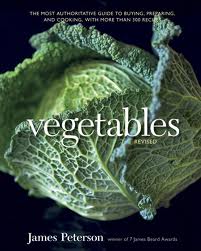



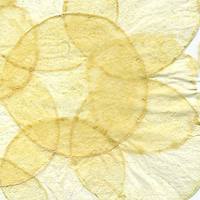




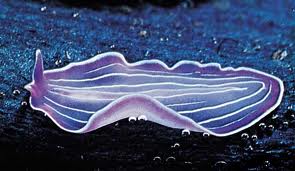






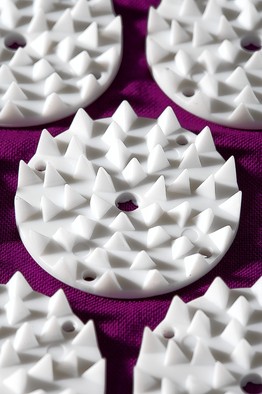


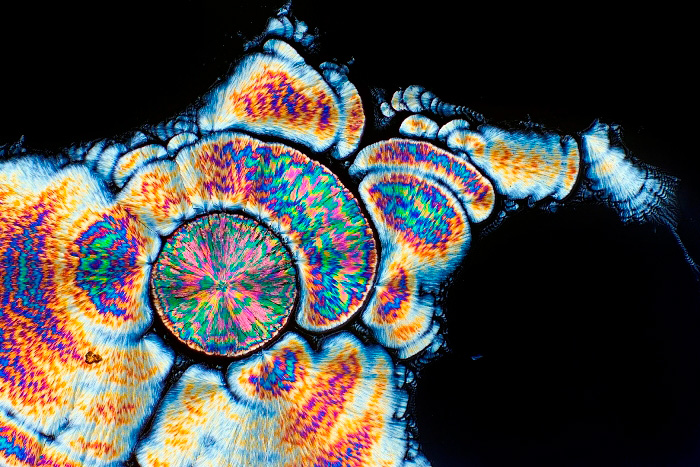
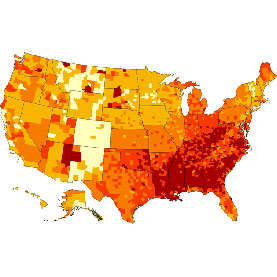
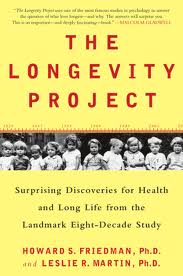




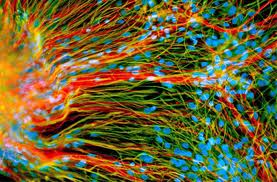
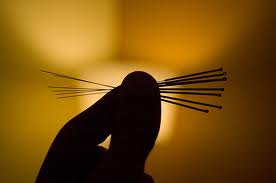

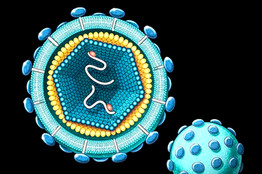








Reader Comments